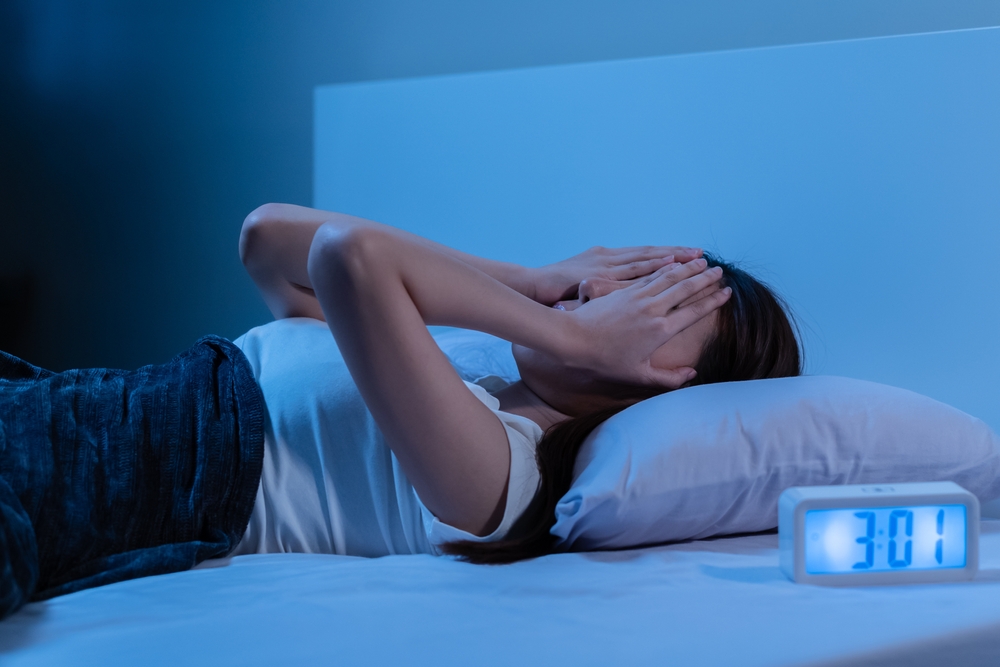Sleep and fasting are linked. Indeed, sleep during a fast lasts less than usual, which does not fail to worry the fasting person. However, there are different explanations for this decrease in sleep duration.
- First, as the fasting person abstains from food, his body does not invest any more energy in digestion. Therefore, this energy saved will not be necessary to recover by sleeping. Also, the physical or intellectual activities being less, there is a slowing down in the use of energy towards the relational function. In conclusion, this sleep is no longer necessary for this recovery.
- Furthermore, and this is probably the leading cause, the decrease in sleep time is linked to the appearance of multiple regeneration crises, some of which can be painful. They are often an expression of muscular tensions. These more or less sharp, more or less permanent pains keep the fasting person awake. Also, the toxemic people, that is to say, those who are considered the most “sick”, have the most reduced sleep.
Generally speaking, insomniacs are advanced toxemic. Naturally, during fasting, they accentuate this state, which is not without concerning them. When insomniacs consume drugs such as Temesta to obtain artificial sleep, it is difficult for them to do without it suddenly. The insomnia is then persistent and sometimes difficult to sustain. Sometimes, after several nights of insomnia, the resumption of fruit or vegetable juices is enough to cut the intense elimination of toxins. Thus, a natural sleep that sometimes lasts only one or several hours occurs. This is the beginning of success toward a return to natural sleep.
Fasting and sleep : "I haven't slept all night!"

On the other hand, it should be noted that true insomnia is sporadic. The fasting person has the impression of not having slept all night, but in reality, they have slept several times, but in phases short enough that they do not remember. This partial and discontinuous sleep prevents the nervous system from deteriorating.
The return to sleep indicates an intense energy rebalancing and regeneration of the nervous system. Unfortunately, we frequently see the opposite situation: a more prolonged sleep in fasters who do not have particular problems at the nervous system level nor important body tensions. They often sink into a continuous torpor which is highly beneficial, regenerating their nervous system even more vigorously. Insomniacs often reach this state after a successful fast.
Many asthmatics, rheumatic patients, ulcer sufferers, etc., who are insomniacs because of their “illness”, find a restful sleep after a successful fast. Fasting and sleep are positively associated. Indeed, fasting allows the regeneration of one of our primary functions: sleep.
If you want to learn more about fasting, don’t hesitate to have a look on my dedicated website: Jeûne & Sens
Would you like to discover more information about sleep?
Have a look at our other articles :


